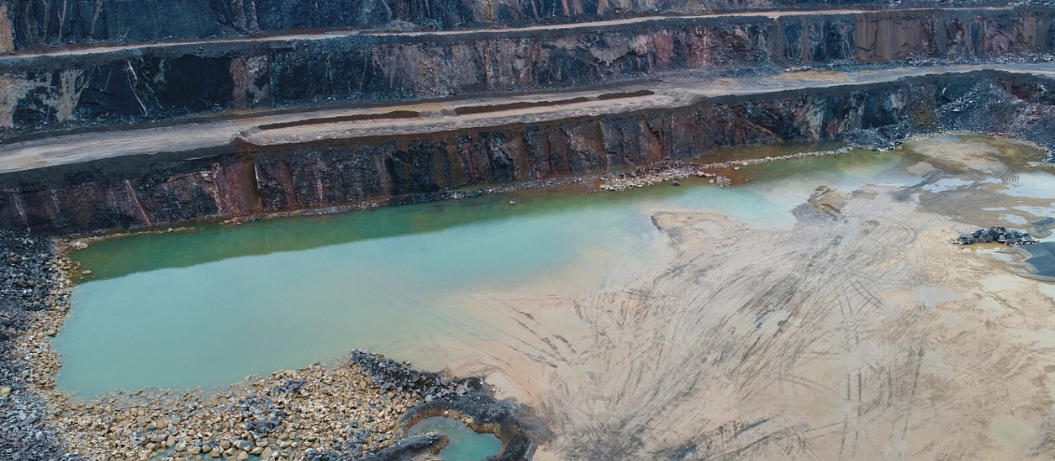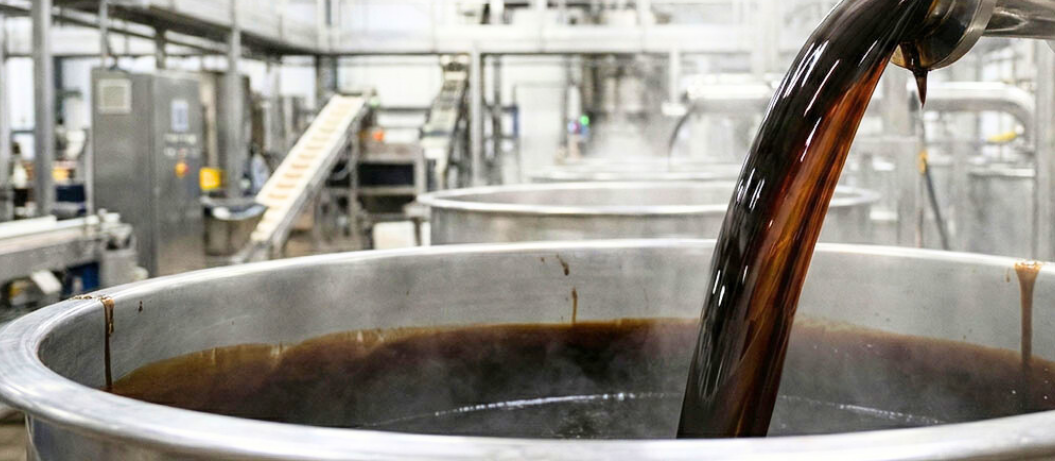Dewatering mines means removing excess groundwater water from mine pits, underground tunnels and other mining areas. Excess water management is essential for the safe and effective extraction of minerals from below ground.
Depending on the hydrology of the mine, excessive groundwater or flooding will affect the potential working depth of any mine sooner or later without the operation of pumps. The development of mine water pumps has enabled deeper mines that extract more resources from the same land area.
By digging deeper rather than extending across the surface, it minimises the disturbance to wildlife habitation, agriculture and other land amenities and extends the viability of existing mines.
Mine operators rely on dewatering pumps to keep their operations productive and safe for their workers, neighbours and the environment.
Groundwater And Hydrology
Groundwater is water that drains into mines naturally through gravity. Prior to the invention of mine dewatering pumps, mine workings could only continue as far as the mine workers could channel the water to a lower level, by cutting adits and soughs into the mine from lower down the mountain. Certain geological conditions allow water to be drained into underground streams or filtered through porous rock, even then pumps are still required for times of excess rainfall.
Once the water table is reached, pumps are the only viable way to keep the mine operational. Hydrological assessments are a key feature of mine development, with hydrologists providing valuable scientific insight and forecasts of a mine’s interaction with the area’s water flows. Of course, the water table level varies year to year, even season to season, so reliable dewatering pumps are needed in any mining operation.
Mining Water Pumps
Such is the importance of dewatering pumps to mining, that the extraction industry has birthed many innovations (the steam engine being one) in its pursuit of more reliable, capable and efficient dewatering pumps.
Whilst the Archimedes’ screw was an upgrade from leather bucket dewatering methods in earlier mining operations, the first powered pump was patented as early as 1698. This ‘fire-powered pump’ had a head height of just 9m, and wasn’t at all energy efficient, but it provided a basis for further mining pump improvement.
The world’s first commercial steam engine, the Newcomen positive displacement type piston-pump, was the next advance in mine water management, followed by the first electric submersible pumps in the late 1920s.
Mine Dewatering Problems
Issues arising from excessive, or uncontrolled mine dewatering can include lowering the water table, leading to a possible drying up of aquifers or the lowering of streams and river levels. A well-planned pumping system can restore cleaned water back to its natural receptor, rather than letting it bypass a drought-sensitive area through gravity-drainage. In fact, an early form of mining pump was proposed as mitigation to neighbours’ mine water concerns in a planning consent application for a mine in 1706.
Acid mine drainage (AMD) is a contemporary problem with historic abandoned metal mines. Old mining techniques were not as efficient as they are today, leaving a high amount of water-polluting minerals in the ground. Over time, groundwater that floods this exposed rock absorbs its metal sulphides (lead, zinc, copper etc), damaging the water environment downstream. Iron deposits smother river beds whilst highly acidic, toxic, sulphur-laden water is a killer of aquatic life. Even inert silt such as sand blocks out life-giving sunlight in turbulent river water.
Mine water can become contaminated by sand, grit and rock particles that present problems of premature wear and blockage of pumps. Dewatering pumps made for mines are built with abrasion-resistant materials and to a design that allows the passage of silt thickened water and pebbles. Should the solids content reach a slurry level, then special slurry pumps are used by miners.
Prior to 1999, UK mining companies could not be held legally accountable for pollution caused by their former mine workings. However, now they are legally responsible to prevent pollution by undertaking remediation and control work in their former mines. Authorities such as the Environment Agency, and the Scottish Environment Protection Agency (SEPA) hold these mining companies to account.
Mine Water Management
Mining pumps enable mining operations to not only continue profitably at a site level, but also continue to open up increased sustainability and environmental gains. By taking control of mine water, it can be monitored, treated and pumped to where it needs to be for the benefit of reduced flood and drought risk, prevention of water pollution and support of waterborne life.
Tailings, the waste materials generated from mining, represent both an environmental and cost challenge for mineral processing companies. Pumps are indispensable in managing tailings, including their transportation, storage, and disposal. Tailings can be thickened using specialized pumps, allowing for more efficient transportation and reducing the need for large storage facilities. Furthermore, pumps facilitate the creation of tailings slurries, which can be piped to designated storage areas, dewatered or used for backfilling.
EnviroHub from Atlantic Pumps is a system that cleans silty, acidic water to meet or exceed river quality classification. These pump-assisted management techniques help mining companies optimize their land use, minimize environmental impact, and reduce the costs associated with tailings storage and dirty water disposal.
Mining A Sustainable Future
Pumps are the tool which gives mining companies the control they need to avoid the reputational and financial risk of water pollution and mitigate planning concerns over new mine development. By choosing energy-efficient, long-lasting pumps, responsible mine operators are positively contributing to a brighter, sustainable future.
Whilst mining has changed over centuries; tools and techniques used and new ESG standards developed, the importance of effective mine pumps remains as central as ever. From the bronze-age to the lithium-age, the mining industry and its pumps remain at the front of humanity’s progress.
Atlantic Pumps have been innovating for miners and the mineral extraction industry, developing energy-efficient, mine dewatering pump systems and mine-water monitoring and treatment equipment. If you are choosing pumps for abrasive fluids or wanting to monitor and treat acidic mine water, call us on 0800 118 2500, email us at [email protected] or message us via WhatsApp on 07537 149 180.
We also take a sustainable approach to our work and are committed to reducing energy waste from pumps. Our expert knowledge allows us to reduce energy usage by 20% on the average site!
Call us today on 0808 196 5108 for more information.
 June 22 2023
June 22 2023 4 min read
4 min read



